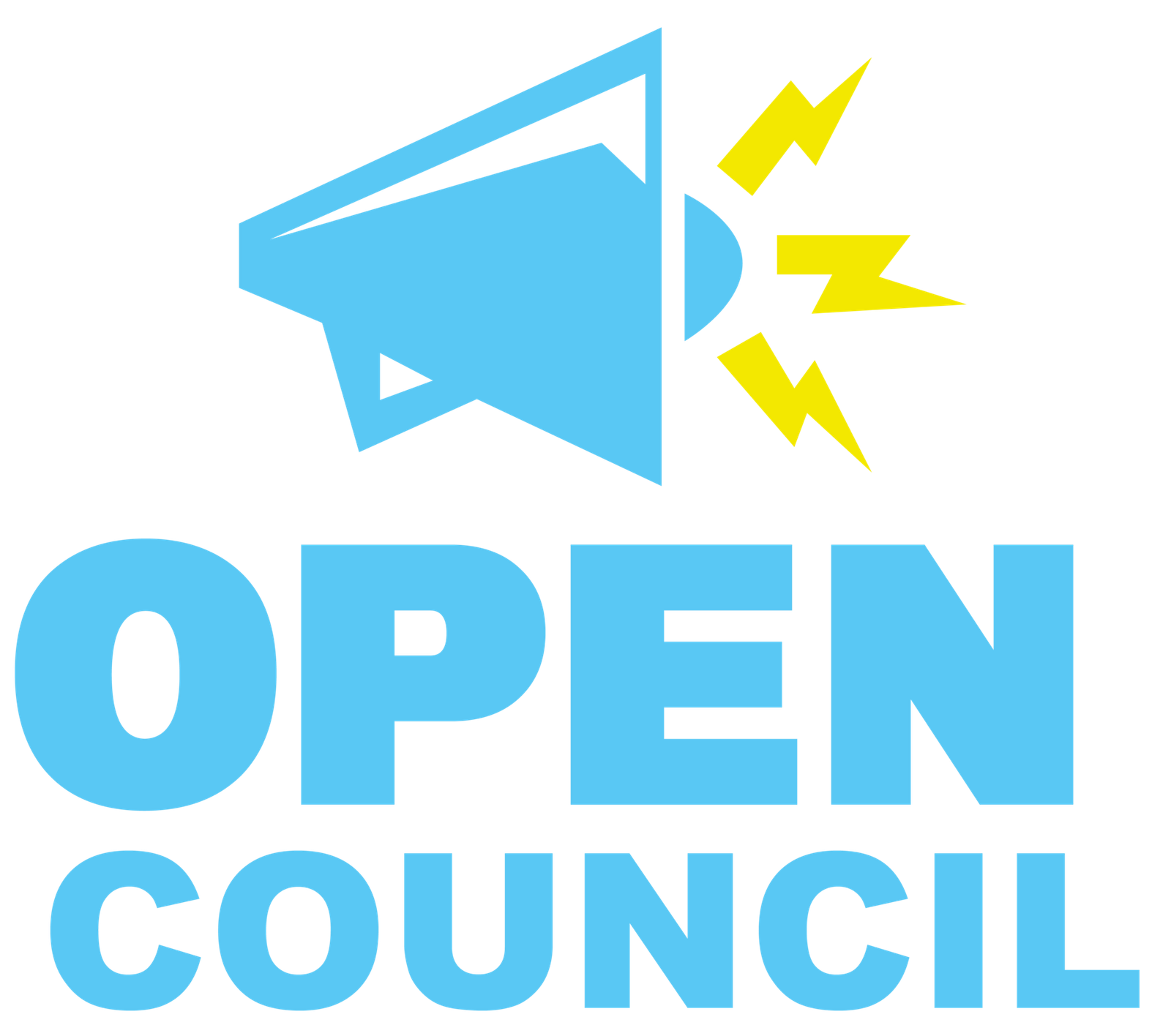The Election System
Urban Councils, with the exception of Chirundu Local Board, are divided into wards for the purpose of electing councillors.
Local Boards and Town Councils are headed by a chairman who is elected from among the councillors, by the councillors at their first meeting following a general election.
General elections are held every four years.
In the case of Municipal and City Councils, a Mayor is elected every four years by all residents to head Council.
However, in the past an Executive Mayor was elected and he held office on a full time basis.
He exercised executive powers conferred on him/her by the Urban Councils Act.
However, that has since been changed and Executive Mayors no longer exist.
The Executive
Local Boards and Town Councils employ Town Secretaries to head their administrations.
However, Municipal and City Councils’ are headed by Town Clerks.
Different heads of departments deputise the head of administration.
The executive is responsible for the implementation of Council decisions and for the day to day running of Council affairs.
Powers of Urban Councils
The legislation governing the operations of urban councils confers on them a wide range of powers, which include:
Water for domestic, commercial or industrial areas, Hospitals, clinics, ambulances, maternity and child welfare.
They also cover schools, libraries, theatres and musical and scientific institutions.
Provision of housing and transport facilities and construction and maintenance of drains, sewers, bridges, parking.



